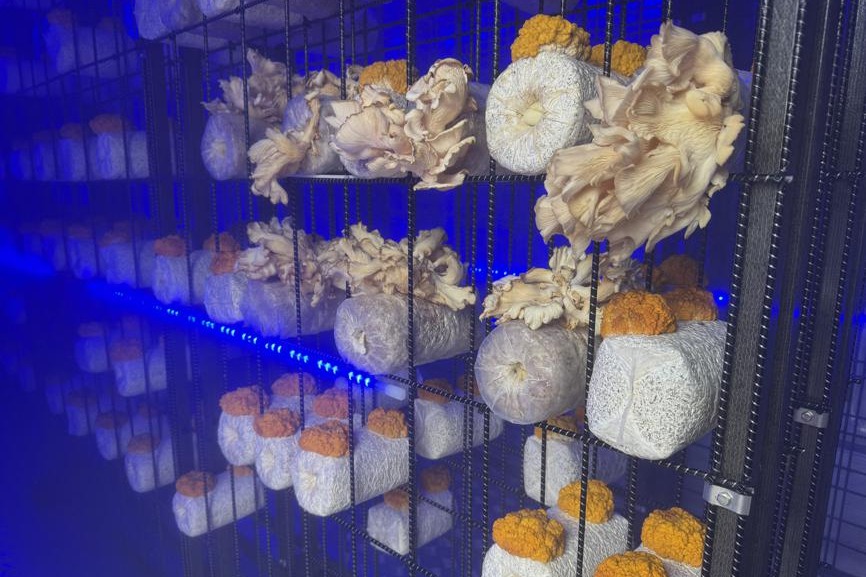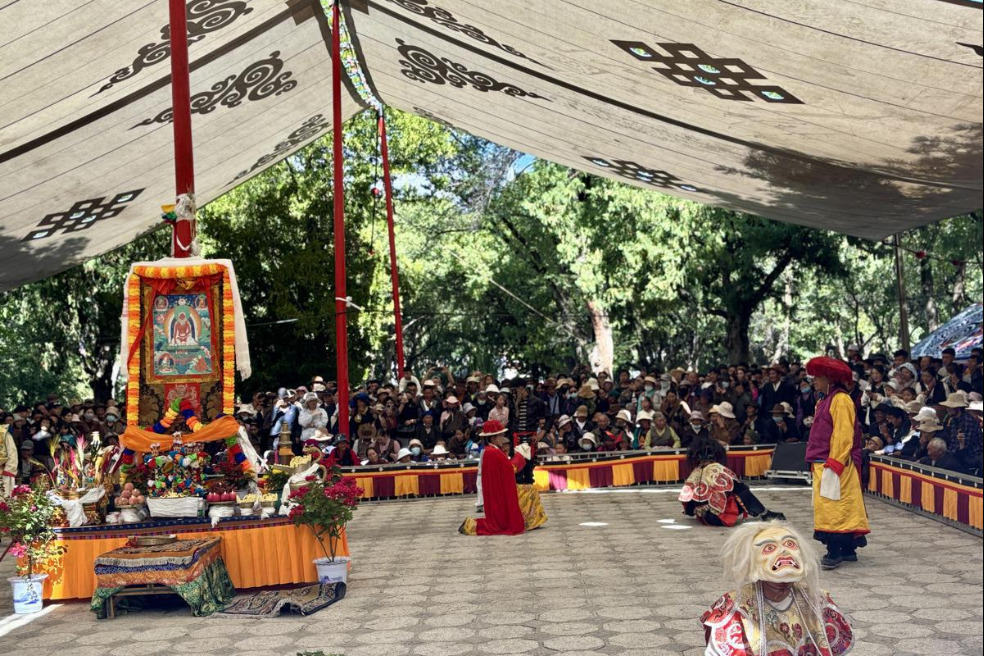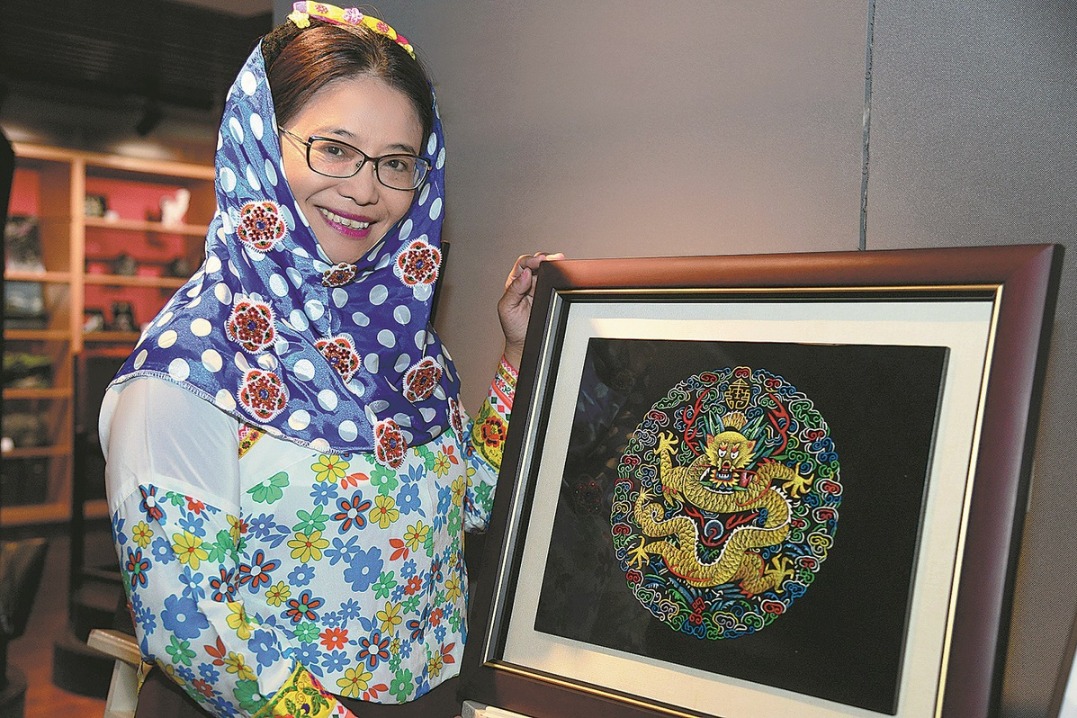Where hooves echo: Xizang's horse racing tradition endures

LHASA -- The sound of hooves shook the ground as banners rippled in the wind. At a racetrack in downtown Lhasa, Southwest China's Xizang autonomous region, thousands of voices rose in unison, their cheers echoing above the thunder of galloping horses.
This was the annual horse racing event of the traditional Shoton Festival, or Yogurt Festival, where tradition, athleticism and community converge on the plateau.
The Shoton Festival was among the first to be inscribed on China's national list of intangible cultural heritage in 2006. During the celebration, participants enjoy yogurt, gather for picnics, and attend traditional events such as Tibetan opera and horse racing.
This year's field extended beyond Lhasa. Riders from cities and prefectures across Xizang brought more than 100 horses, offering spectators daring equestrian performances and competitive races.
On a horse named Dondrup, meaning "wish fulfilled" in Tibetan, young rider Tseyang and her teammates performed horseback dances, balancing with precision as they turned and bent in rhythm. "Every time I enter the field, I feel my heart race," said Tseyang. "Through my performance, I hope people can see both the artistry of horsemanship and the spirit of our culture."
The climax came with an eight-kilometer speed race. A dozen horses leapt forward at the starter's gun, kicking up dust as thousands roared. Among the crowd was Lhasa resident Dawa Sangpo, cradling his six-month-old child. "I grew up loving horse racing," he said with a smile. "I want my child to inherit this passion. It's part of who we are."
Outside the racetrack, the festival atmosphere was just as vibrant. Crowds lined up for yogurt, a festival staple. Tenzin Champa, who manages sales for a local dairy company, brought 600 cups to sell. By midday, most were gone. "Shoton is the 'yogurt festival,' after all," he laughed. "Nothing pairs better with horse racing."
This year's event drew more than 25,000 spectators on Aug 24, underscoring how deeply horse culture resonates across the plateau. For Tibetans, horsemanship is more than sport. It is a heritage passed down through generations.
25-year-old Tenzin Nyima, a member of the regional equestrian team, said, "My father and grandfather were renowned riders in their youth in my hometown."
Growing up, a photo of his father on horseback, embodying strength and confidence, inspired him to follow the same path. "Riding is not just exercise. It is tradition, something I am proud to carry forward."
In today's Xizang, horse culture is no longer confined to the grasslands. Modern racetracks now stand alongside highways and high-speed rail, bringing traditional sports to new audiences in urban centers. Horse racing attracts tourists from across China and abroad, creating opportunities for cultural tourism while testing how traditions adapt to commercial settings.
Across the plateau, horse racing remains a vital thread of community life. It marks moments of celebration and prayer, with pounding hooves echoing hopes for prosperity and unity. During harvest festivals, races express gratitude and aspirations for abundance. At Tibetan New Year, galloping horses welcome renewal.
Whether in vast pastures or on modern tracks, the rhythm of horses remains the heartbeat of Tibetan life. It reflects both the vigor of the people and their reverence for tradition. "Horse racing is more than entertainment," said Tashi Dargye, coach of the regional equestrian team. "It gives farmers and herders a stage to show their strength, joy, and heritage."
On the plateau, every race tells a story of family legacies, community pride and an enduring bond between people and horses. As hooves continue to thunder across grassland and cities alike, the heritage of Tibetan horsemanship gallops forward.
- Where hooves echo: Xizang's horse racing tradition endures
- Documentary 'The Heritage Guardian' premieres on major media in SCO countries
- Several new combat planes to be make their debut at V-Day parade
- Cutting-edge aircraft to fly in combat formations during China's V-Day military parade
- No casualties reported after 4.7 quake hits Xizang
- The Taiwan question: China's internal affair




































